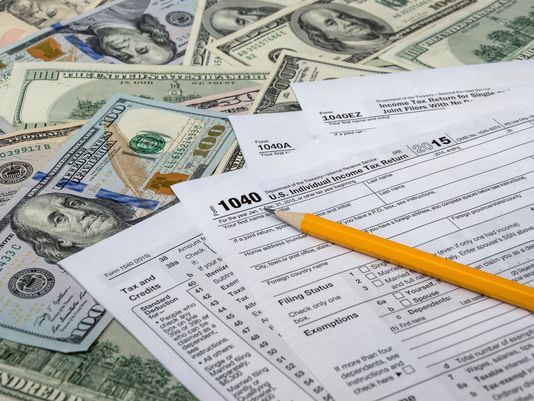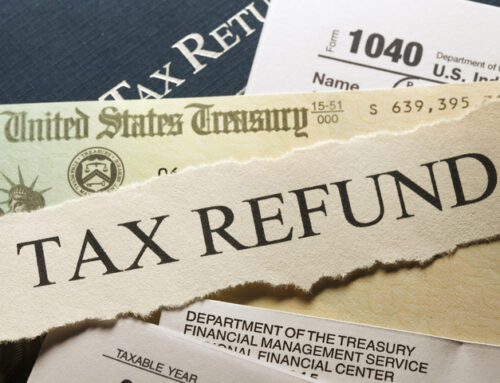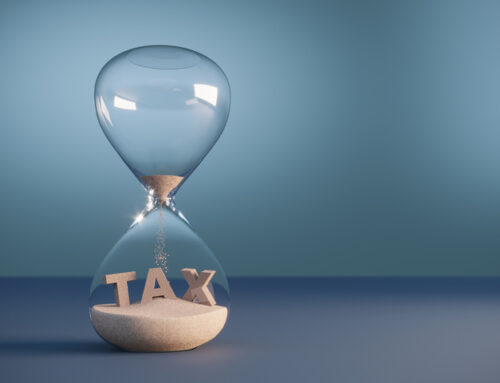Tax Day isn’t likely to be easier next year: Bill Sternberg
Republicans don’t agree on changes to the tax code any more than they do changes to Obamacare.
We got our tax returns back from the accountant the other day. Although our family finances aren’t unusually complicated, our federal and state returns for 2016 were 50 pages long. The printouts featured entries about “line 18 of the Unrecaptured Section 1250 Gain Worksheet,” “transactions reported on Form(s) 8949 with Box D checked” and “federal depreciation from Form 2106 (Except QPAs and FBOs).”
Now, I went to a decent college and used to be pretty good at math, but I have no idea what any of this means. I also suspect that if I gave the same information to half-a-dozen tax preparers, I’d get half-a-dozen different bottom lines. Like millions of other Americans, I sign tax returns I barely comprehend.
Here’s what I do understand, though: A couple of weeks after the returns are filed, I’ll get a bill from the accountant. It will be for about half of my $2,500 federal refund. Call it a complexity tax. Thank you, Congress.
In the three decades since the last tax simplification law was enacted, the code has grown like kudzu. Just since 2001, Congress has made more than 5,900 changes to the tax laws, an average of more than one a day. If you download the tax code in Microsoft Word and print it out, you get nearly four million words across 10,928 single-spaced pages, giving rise to the old saw that the tax code is longer than the Bible with none of the good news.
According to the National Taxpayer Advocate, whose annual report should be required reading on Capitol Hill, people and businesses spent about six billion hours (the equivalent of 3 million full-time jobs) and $195 billion last year on tax compliance. The average person spends 13 hours on Form 1040 alone. The majority of people — 54% at last count — pay someone else to do their taxes; another 40% use tax software.
To read the rest of the article click the link: http://usat.ly/2q58ZS5






